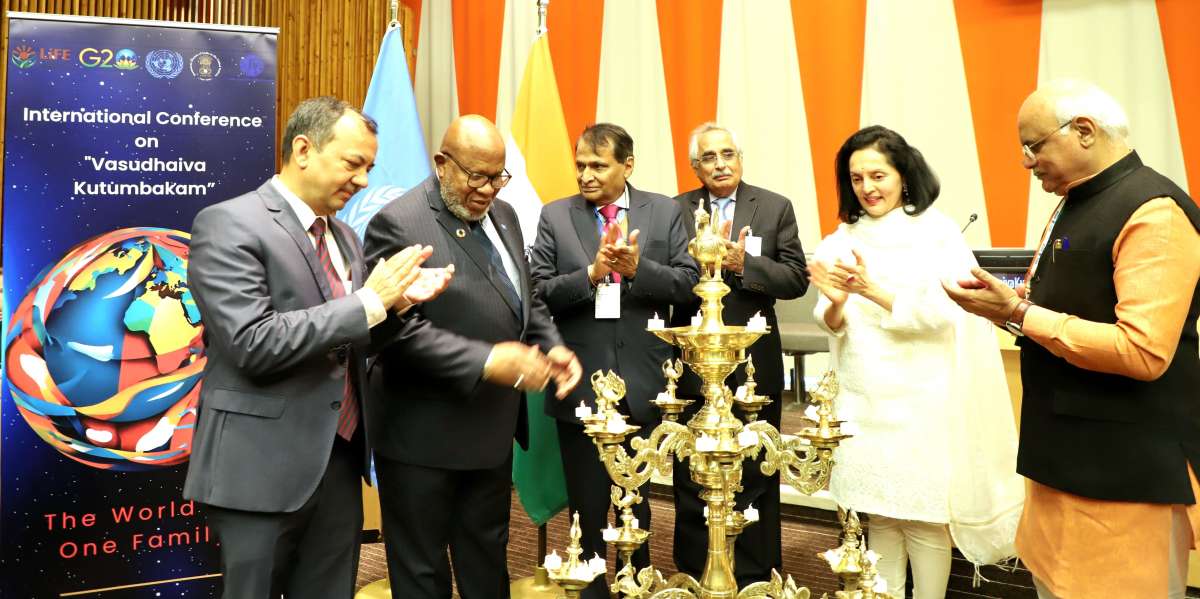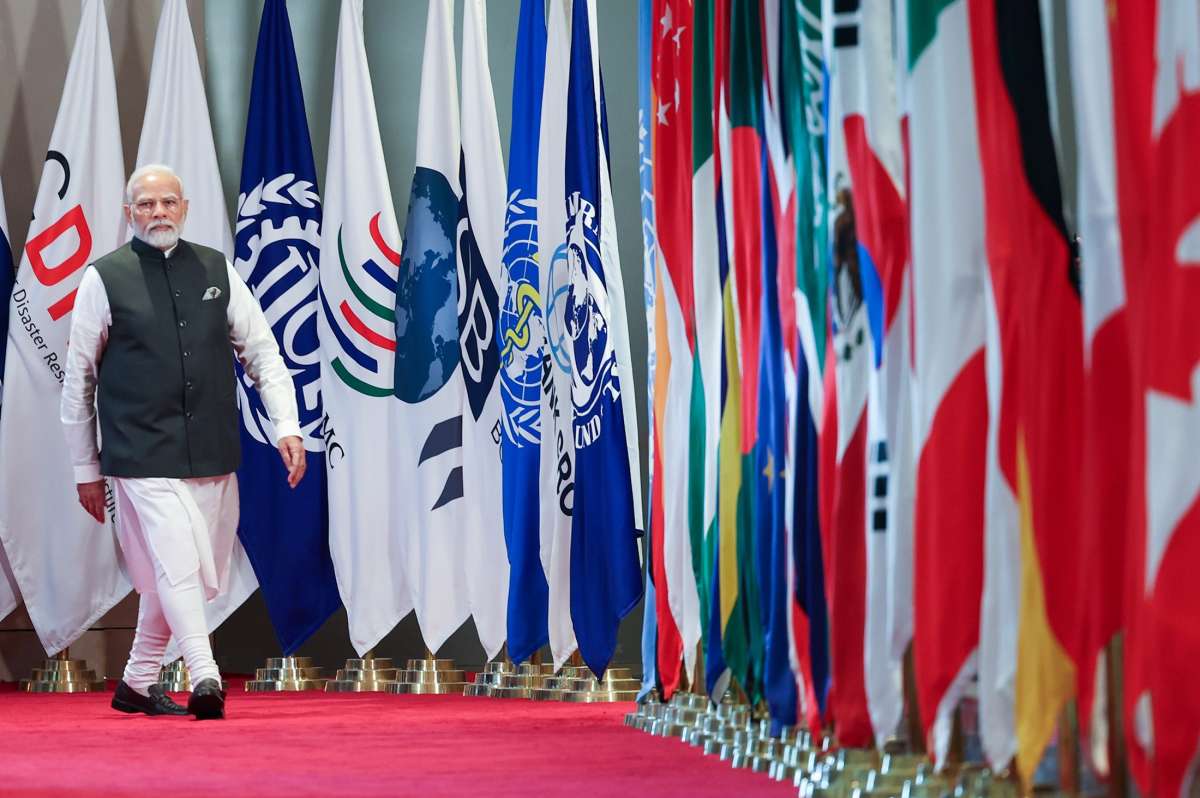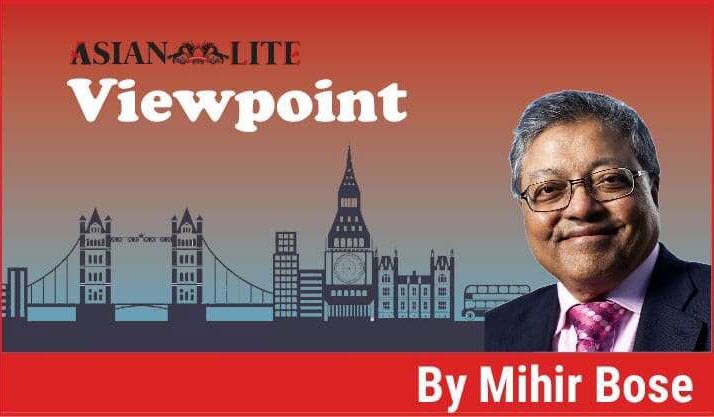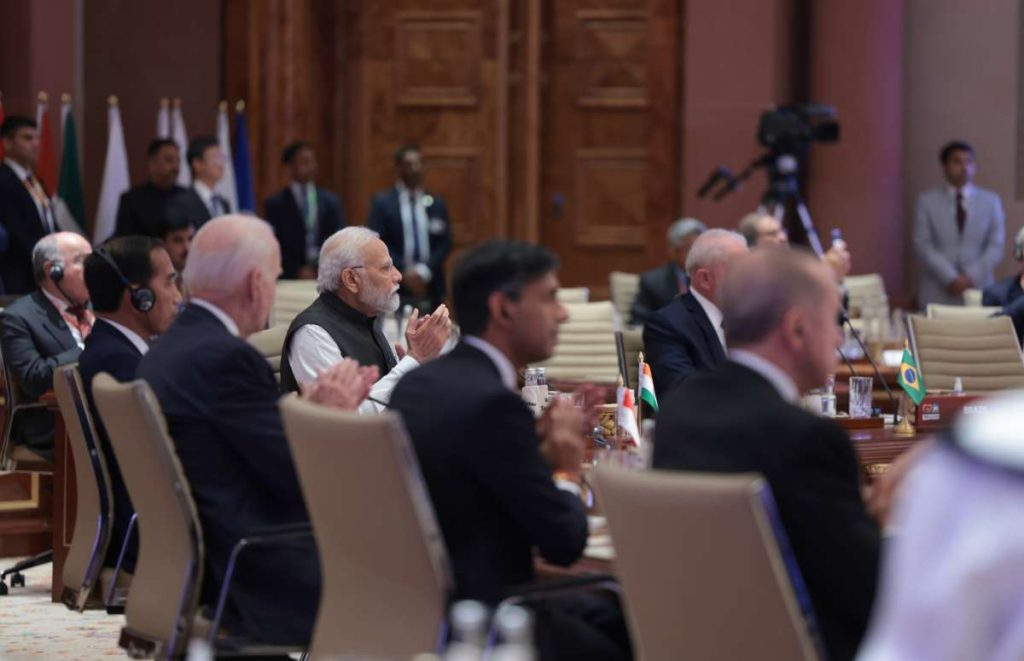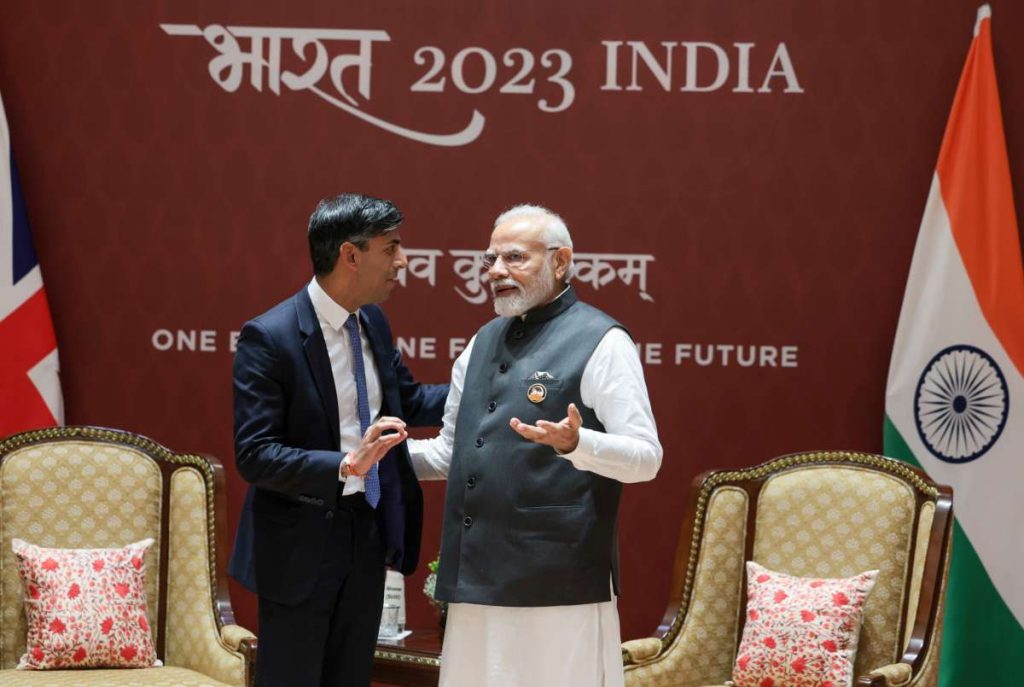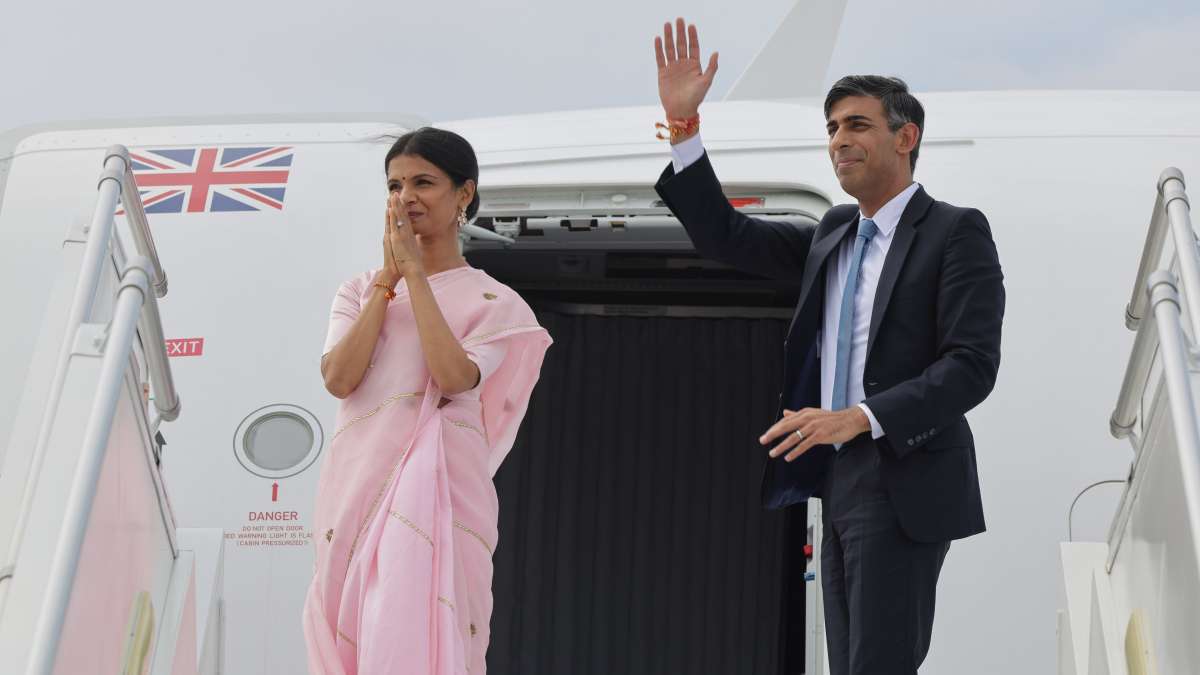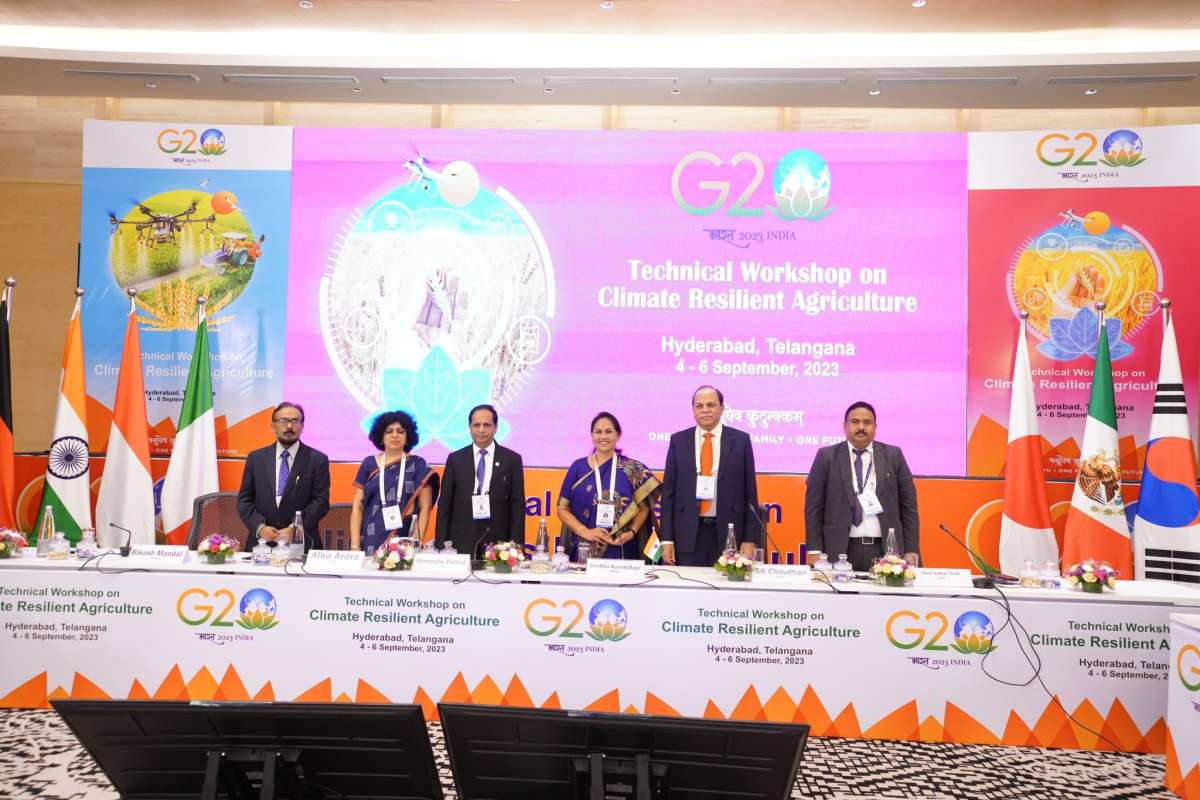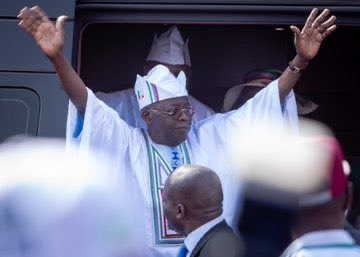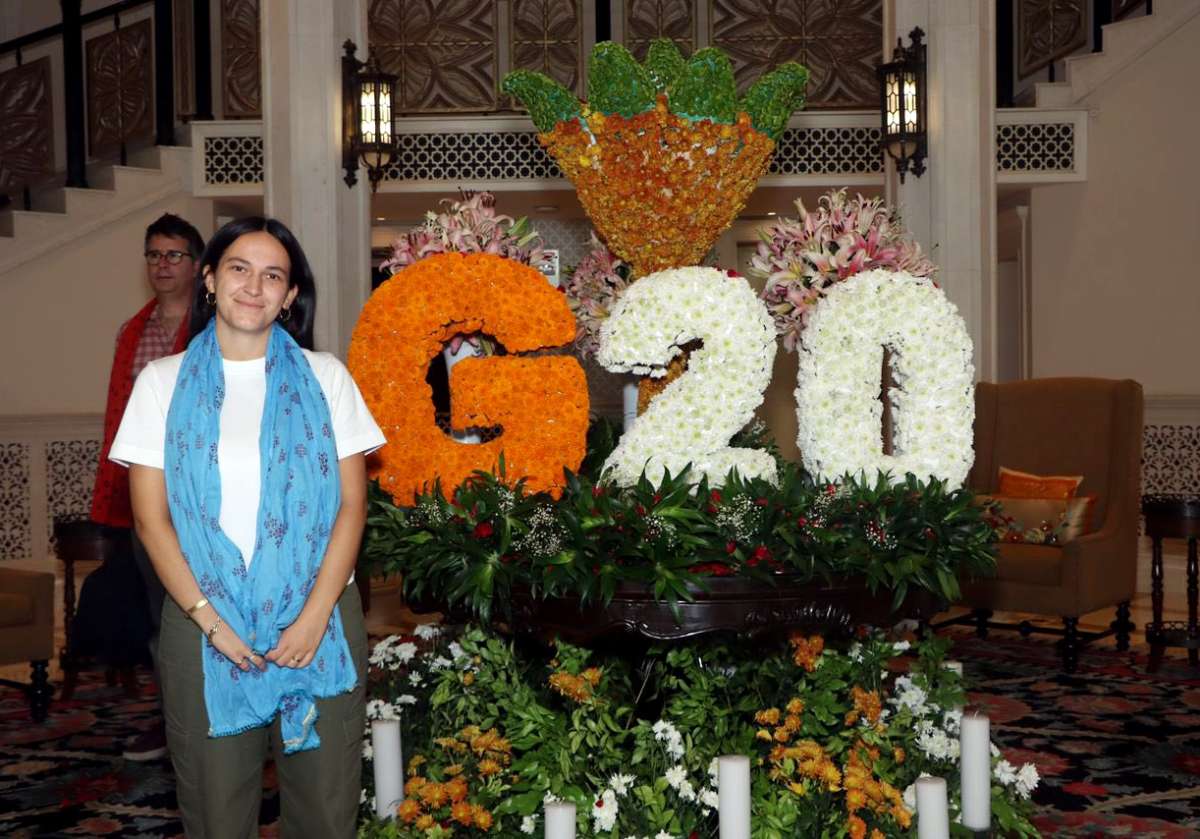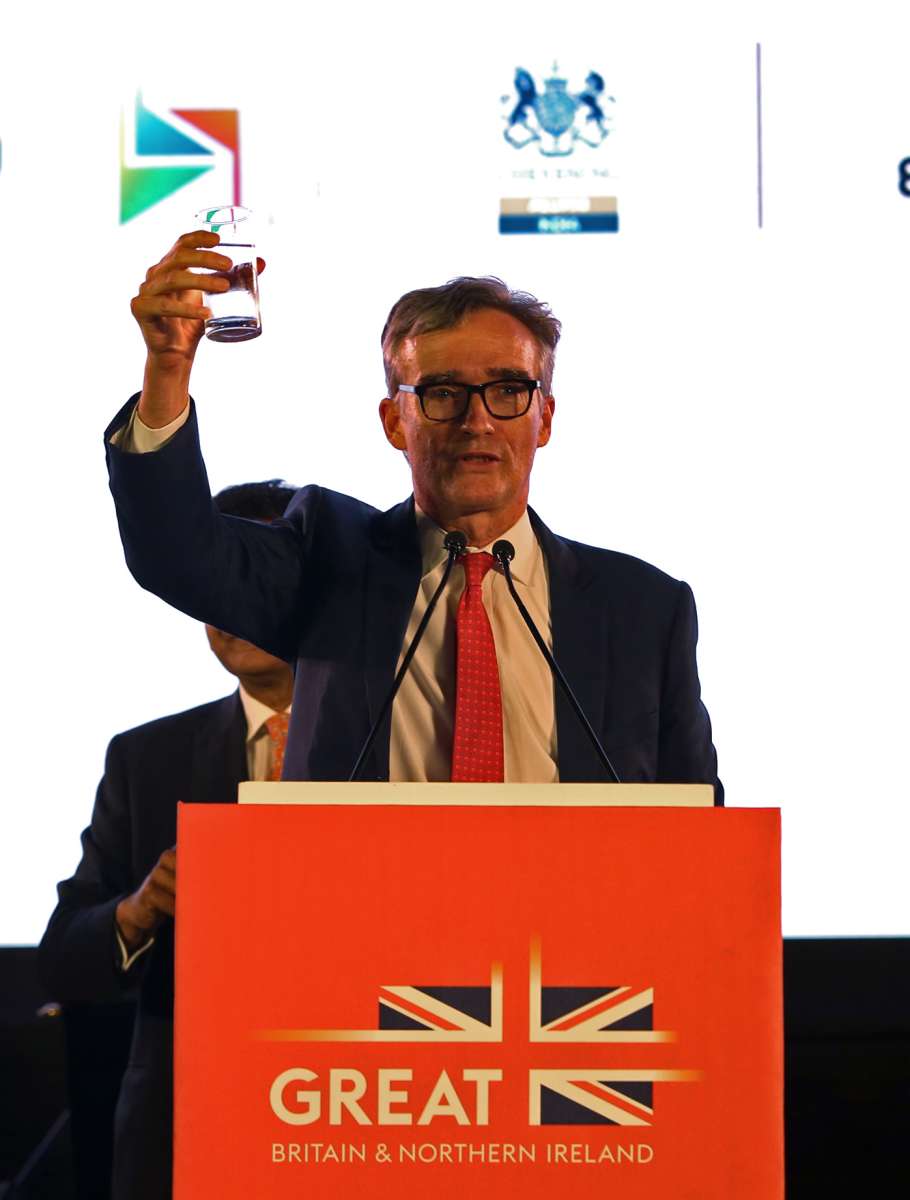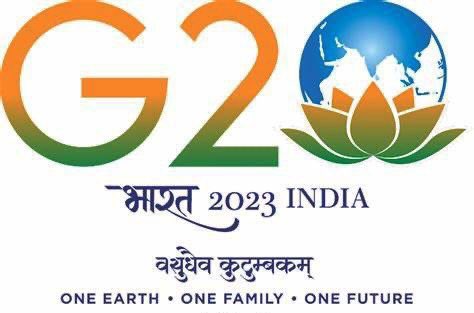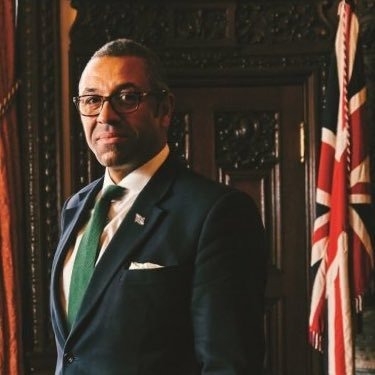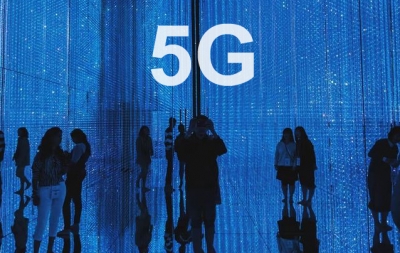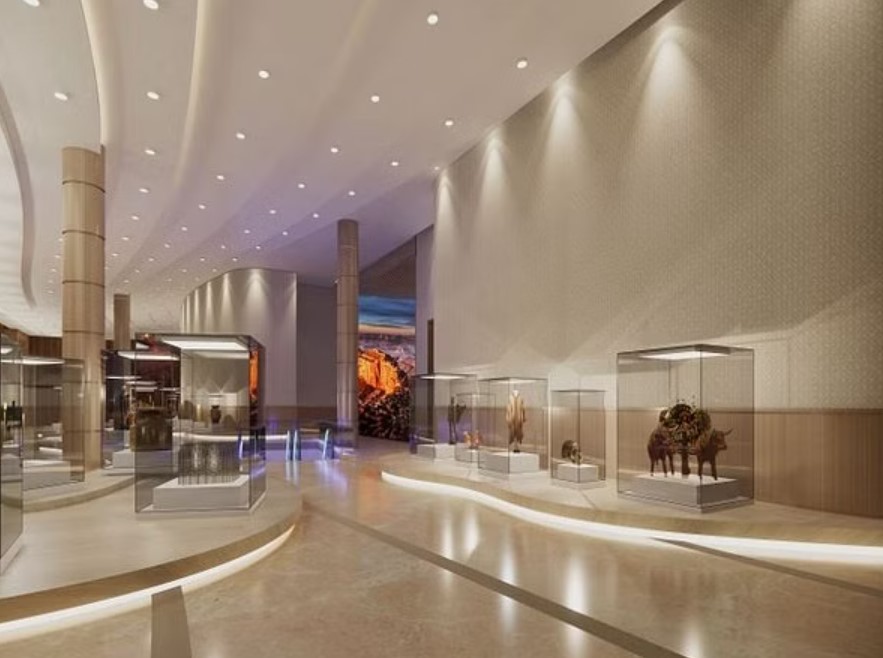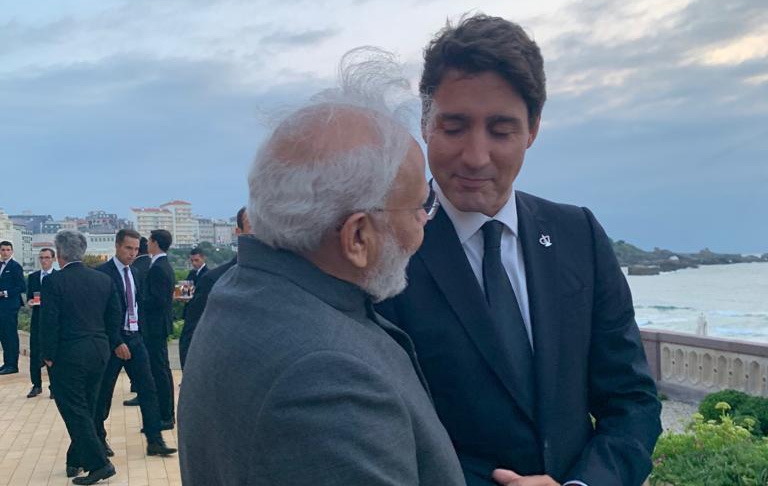India’s UN envoy highlighted various instances when India practised ‘Vasudhaiva Kutumbakam’, which means the world is a family….reports Asian Lite News
India’s Permanent Representative to the United Nations, Ruchira Kamboj, on Tuesday (local time) said that the G20 Summit held in New Delhi showcased the country’s commitment to “fostering a sense of global togetherness.”
She highlighted various instances when India practised ‘Vasudhaiva Kutumbakam’, which means the world is a family.
In her opening remarks at the ‘International Conference on Vasudhaiva Kutumbakam’ held at United Nations Headquarters in New York, Kamboj said, “The recent G20 summit, an event that showcased India’s commitment to fostering a sense of global togetherness.”
“Our leadership, marked by inclusivity and collaboration, saw the participation of 20 member states, nine invitee nations, and 14 international organizations. What is more, it witnessed the historic inclusion of the African Union as a permanent member, amplifying the voices of nations often left unheard,” she added.
Notably, the theme for India’s G20 Presidency was ‘Vasudhaiva Kutumbakam’ or ‘One Earth One Family One Future’.
The G20 Leaders Summit hosted in Delhi from September 9-10 drew the highest-ever contingent of world leaders and dignitaries in the event’s history, including US President Joe Biden and the Prime Minister of the UK, Rishi Sunak.
Kamboj recalled PM Modi emphasing the significance of women-led development at the G20 Summit. She stressed that ‘Vasudhaiva Kutumbakam’ finds expression in the empowerment of women.
She also recalled PM Modi’s remarks regarding India’s model of financial inclusion in leveraging technology.
“At the G20 Summit, Prime Minister Narendra Modi emphasized the significance of women-led development, highlighting that nearly 45 per cent of STEM graduates in India are women. And indeed, ‘Vasudhaiva Kutumbakam’ finds expression in the empowerment of women, who now play pivotal roles in India’s space program, business landscape, and various fields,” said.
“Again, the Indian Prime Minister also highlighted India’s model of financial inclusion in leveraging technology to make development increasingly equitable. Using this model, India has transferred 360 billion dollars directly to the bank accounts of those in need over the past decade. As the World Bank has acknowledged, this model has successfully achieved a financial inclusion rate in 6 years which would have taken 47 years to achieve,” she added.
Citing industry estimates, Kamboj said the costs incurred by banks for onboarding customers in India due to the use of its digital public infrastructure decreased from USD 23 to USD 0.1.
Emphasising that yoga embodies the concept of unity, Kamboj stated that the International Day of Yoga, celebrated annually at the UN Headquarters, “brings people from diverse nationalities together in a harmonious union of body and mind, emphasizing our shared humanity.”
“This year yoga day held a special significance as we were led by Prime Minister Modi himself, achieving a remarkable feat by setting a Guinness World Record for the largest number of nationalities participating in a single yoga session,” she said.
Kamboj stressed that India consistently extended a helping hand in the face of global challenges, adding that the country’s abiding commitment to ‘Vasudhaiva Kutumbakam’ was evident even during the Covid-19 pandemic as New Delhi provided vaccines and medicines to more than 100 countries through the ‘Vaccine Maitri’ initiative.
Highlighting India’s assistance to the international community during natural calamities, Kamboj said, “‘Operation Dost’ saw India extending life-saving humanitarian medical assistance to countries like Turkey and Syria, reinforcing the belief that the world is indeed one family, and in times of need, we stand united.”
She stated that PM Modi’s launch of ‘Mission LiFE’ emphasises the importance of mindful and deliberate utilisation of resources to protect the environment, demonstrating India’s dedication to a sustainable global family.
In her opening remarks at the ‘International Conference on Vasudhaiva Kutumbakam,’ Kamboj spoke about India’s friendship with nations of the Global South, saying that New Delhi has offered training to 200,000 individuals from more than 160 countries, considering the unique needs of its partners.
“India’s friendship with the nations of the Global South is no less exceptional and inspiring. Our development partnerships have extended to encompass 78 nations across diverse regions. Within these collaborative efforts, we have initiated 600 projects, illustrating our goodwill and capacity,” Kamboj said.
“At the heart of our approach is the belief that progress should be inclusive and borderless. We have also offered training to 200,000 individuals from over 160 countries, always considering the unique needs of our partners. Our journey has been guided by the Kampala principles enunciated by Prime Minister Modi in 2018, which serve as the compass steering us towards our partners’ needs,” she added.
She called for educating young about diverse cultures, promoting cross-cultural dialogues, and celebrating shared humanity. She said, “Let us focus on our shared dreams and values, rather than the differences that divide us.”
In her remarks, Kamboj also quoted Mahatma Gandhi, saying, “The greatness of humanity is not in being human but in being humane.”
She added that ‘Vasudhaiva Kutumbakam’ is a call for action and recognising the shared destiny to come together in the face of adversity.
“I would like to emphasize that “Vasudhaiva Kutumbakam” is more than a lofty ideal. It is a call to action, urging us to recognize our shared destiny, to come together in the face of adversity, and to build a world where every individual, no matter where they come from, is treated as part of this grand, global family,” Kamboj said.
She said the phrase — ‘Vasudhaiva Kutumbakam’ — has travelled through millennia, reminding people that beneath the apparent divisions of nationality, religion, and culture everyone shares the same human essence.
“Our fates are intertwined, our dreams interlinked, and our challenges interconnected,” she added. (ANI)

